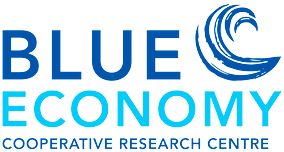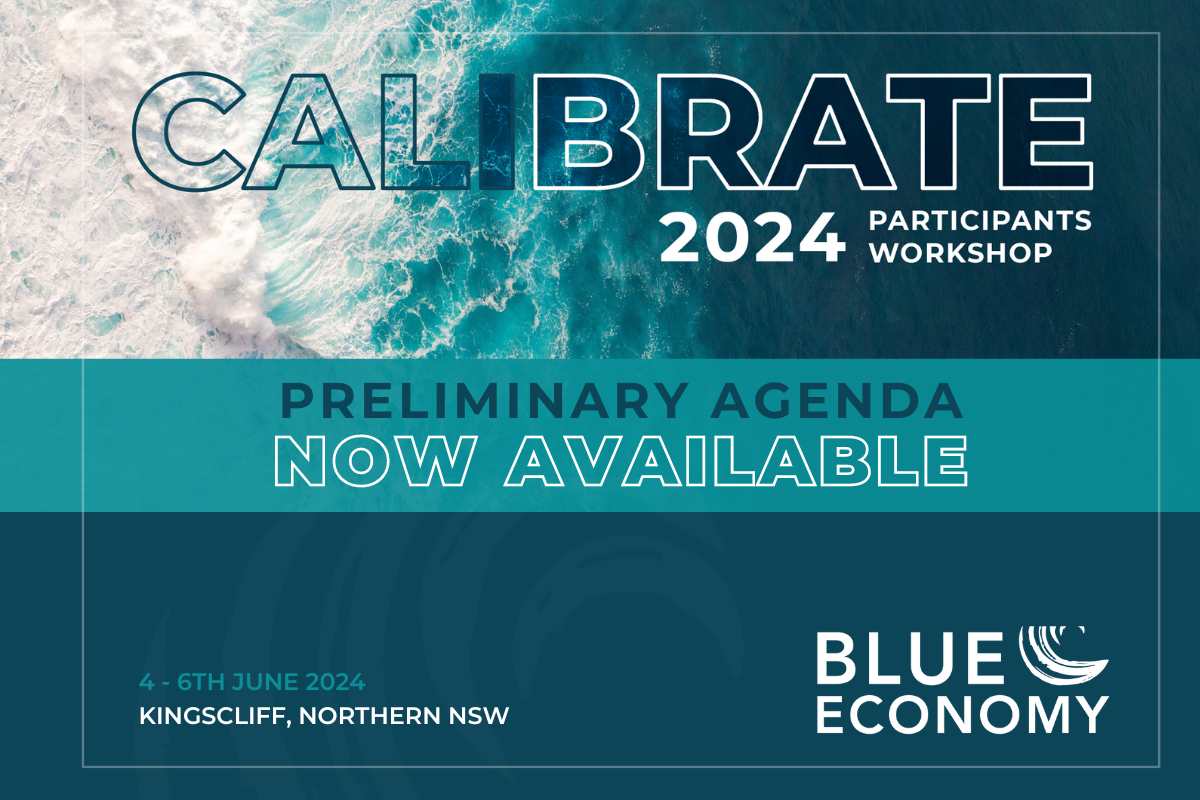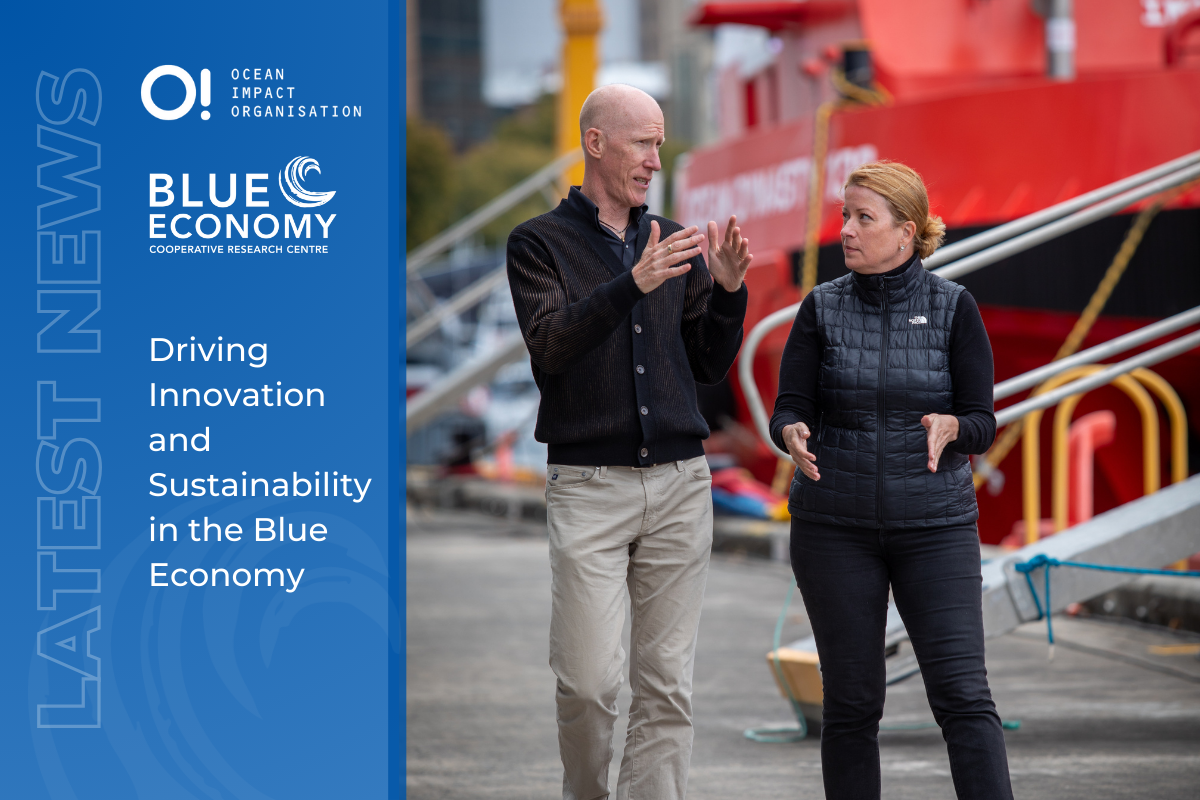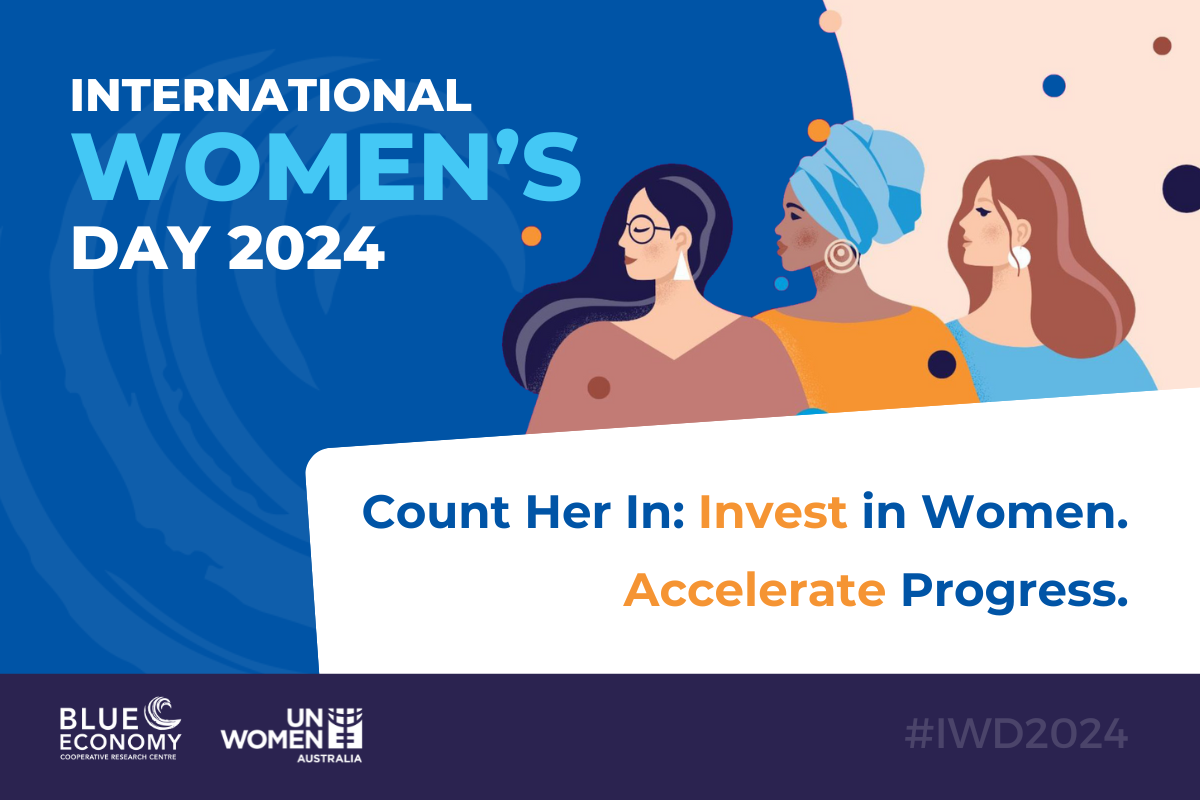With the emerging concept of the cultural licence to operate, it is imperative to consider the rights, equity, and livelihood opportunities for First Nations Peoples.
Poor inclusion into economic agendas leads to a greater chance of First Nations People “losing-out”– rather than gaining– from Blue growth and with this, the potential legal and cultural license challenges if their voices are not properly recognised and pragmatically given effect.
Dr Cass Hunter, CSIRO is leading one of the latest projects to launch, ‘Cultural License to Operate in the Blue Economy’ along with fellow Participants from The New Zealand Institute for Plant and Food Research, Wai Communications and Swinburne University of Technology.
Through this project, Cass and her team will conceptualise the core factors driving cultural integrity and fairness principles for building the CLO rubrics in the marine industry sector.
 The project will address the key challenge of shifting the industry sector from transactional participation through to transformational participation from authentic and relational foundations of consensus-building alongside First Nation Peoples.
The project will address the key challenge of shifting the industry sector from transactional participation through to transformational participation from authentic and relational foundations of consensus-building alongside First Nation Peoples.
We sat down with Cass to discuss the project in more detail.
What excites you about this project?
I’m excited to be part of an Indigenous-led project involving five passionate Indigenous Researchers from both Australia and Aotearoa (New Zealand) who are keen to address an underdeveloped area of research that tackles the practicalities and principles with re-balancing and re-correcting, recognising the shared responsibilities and influence on the sustainable development of our Oceans.
Why address the Cultural Licence to Operate in the Blue Economy?
Implementing the sustainable development of our Oceans with cultural integrity needs the leadership, principles of respectful co-existence between sectors and willingness to change, informing improved and inclusive practices.
Our approach is aiming to design a first preliminary version of the Cultural Licence to Operate (CLO) framework that incorporates key elements important to gaining and maintaining cultural legitimacy and equity with Industry and Blue Economy developments.
 The CLO framework helps to develop the mechanisms for guiding industry, managers and regulators by considering key principles that achieve equity and fairness across growth and expansion in the Blue Economy. The principles help to re-scope, re-balance and re-correct and address outdated practices, tackling the imbalances and hierarchies that ocean managers and policymakers often know exist but may find difficult to reconcile.
The CLO framework helps to develop the mechanisms for guiding industry, managers and regulators by considering key principles that achieve equity and fairness across growth and expansion in the Blue Economy. The principles help to re-scope, re-balance and re-correct and address outdated practices, tackling the imbalances and hierarchies that ocean managers and policymakers often know exist but may find difficult to reconcile.
While some in the corporate sector might question the need for an additional concept of Cultural Licence to Operate, it does fundamentally differ to Social Licence to Operate given the community acceptance and cultural legitimacy relates specifically to First Nation Peoples who are the traditional custodians of land, seas, and waters where industries and developments are placed.
What is core to the project?
The essential collaborative component of the project involves coordinating the coming together of people and sectors to respectfully share opportunities, challenges, and learnings to create a space that allows for listening, unravelling of new perspectives and co-designing an architecture that elevates co-benefits.
By exploring benefits and risks across a diversity of sectors it helps to reconcile the tensions in our modern society where oceans connect a social system for a variety of human needs, traditional rights and agendas.
What change is the project hoping to address?
It is important to continuously stop and reflect on what is best practice of respectful engagement and inclusive practices in the sustainable development of our Oceans.
There are many advantages and positive outcomes by constructively reflecting upon practices and creating frameworks that help to navigate the foundational parameters for shifting from ad-hoc to consistently improving practices. For industries and enterprises to be positioning themselves for better cultural integrity, it is important to be reviewing performance to understand if it is meeting the benchmarks that communities, national and international bodies are setting for fair and inclusive co-creating with First Nations.
The CLO framework helps to give visibility to a cultural integrity benchmark that industries and sectors may not know exists.
Looking forward
Across the Blue Economy, it is important to replace assumptions and misconceptions about clashes and competition with an understanding that the aspirations and ideas by First Nation Peoples can complement and enhance the strategic, creative and innovative plans for the sustainable management and development of our Oceans.
Follow the progress of the project via the project page and across our socials.






